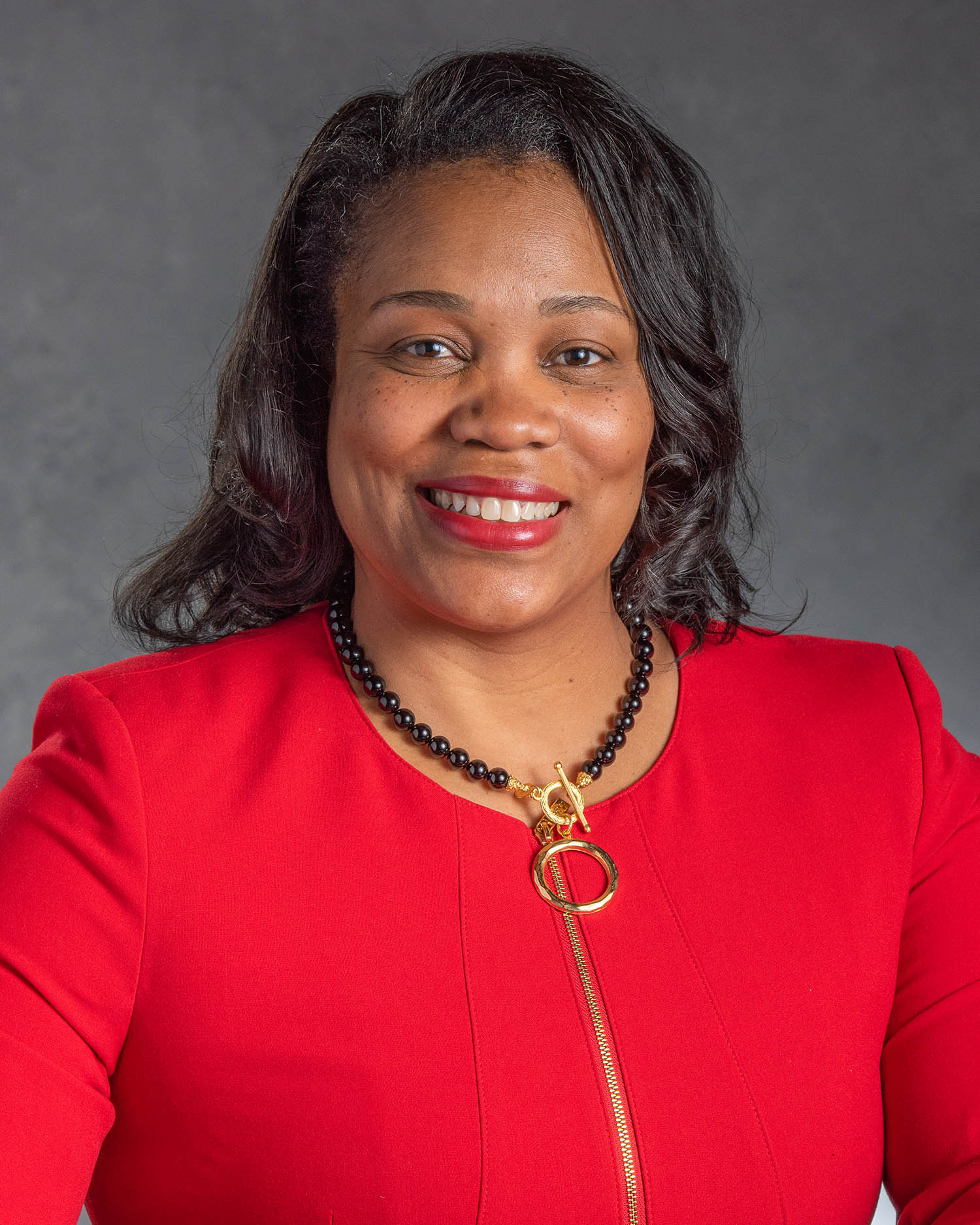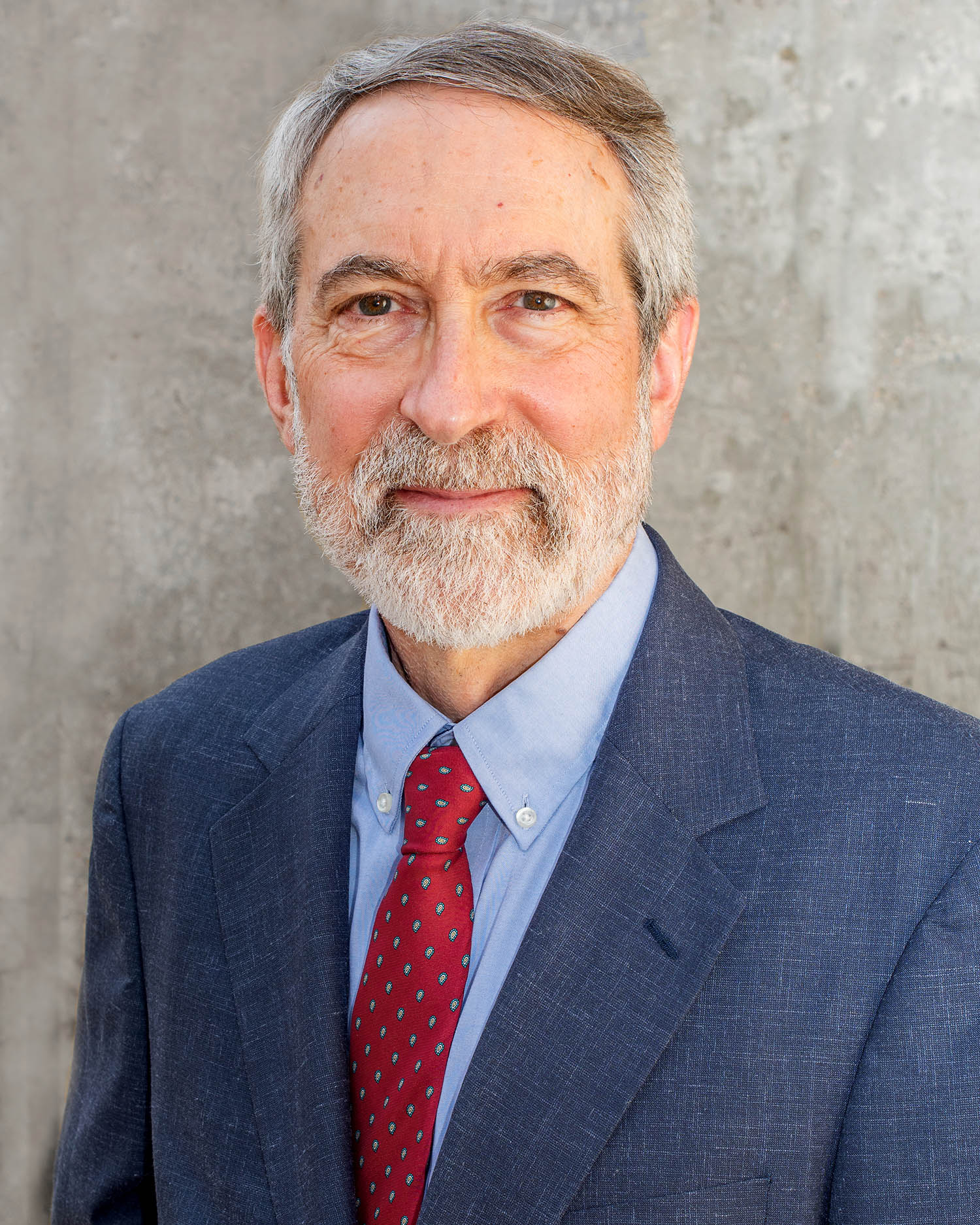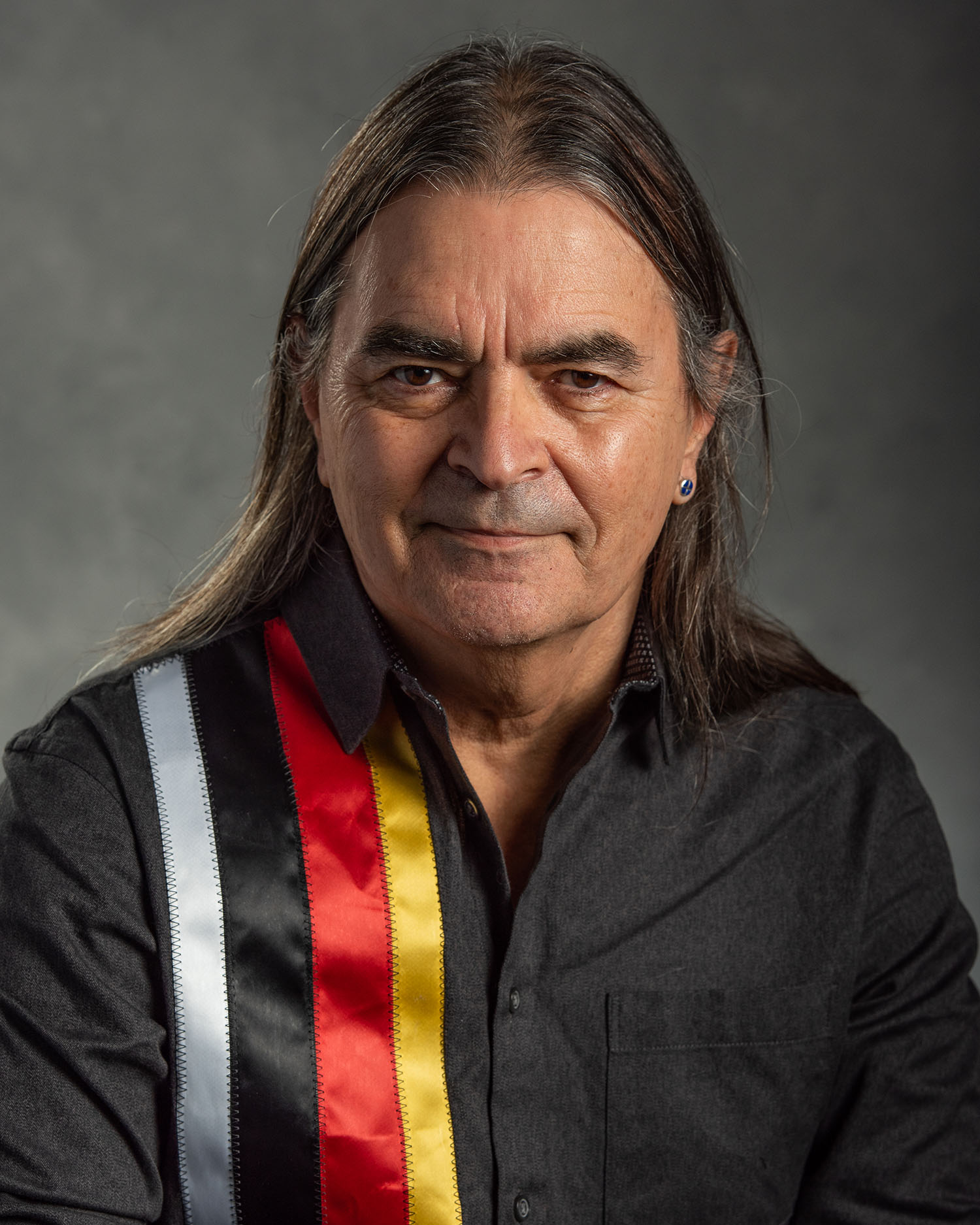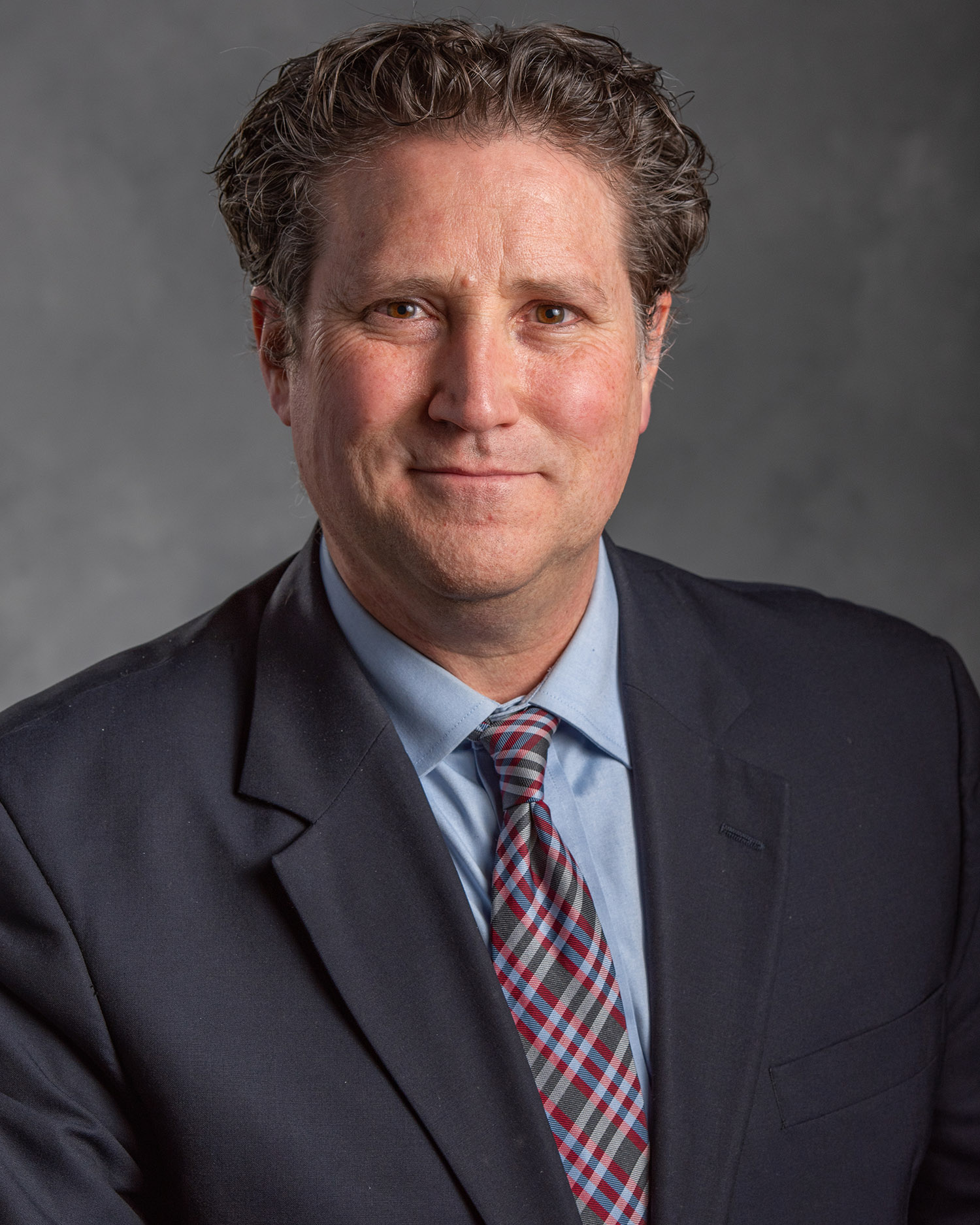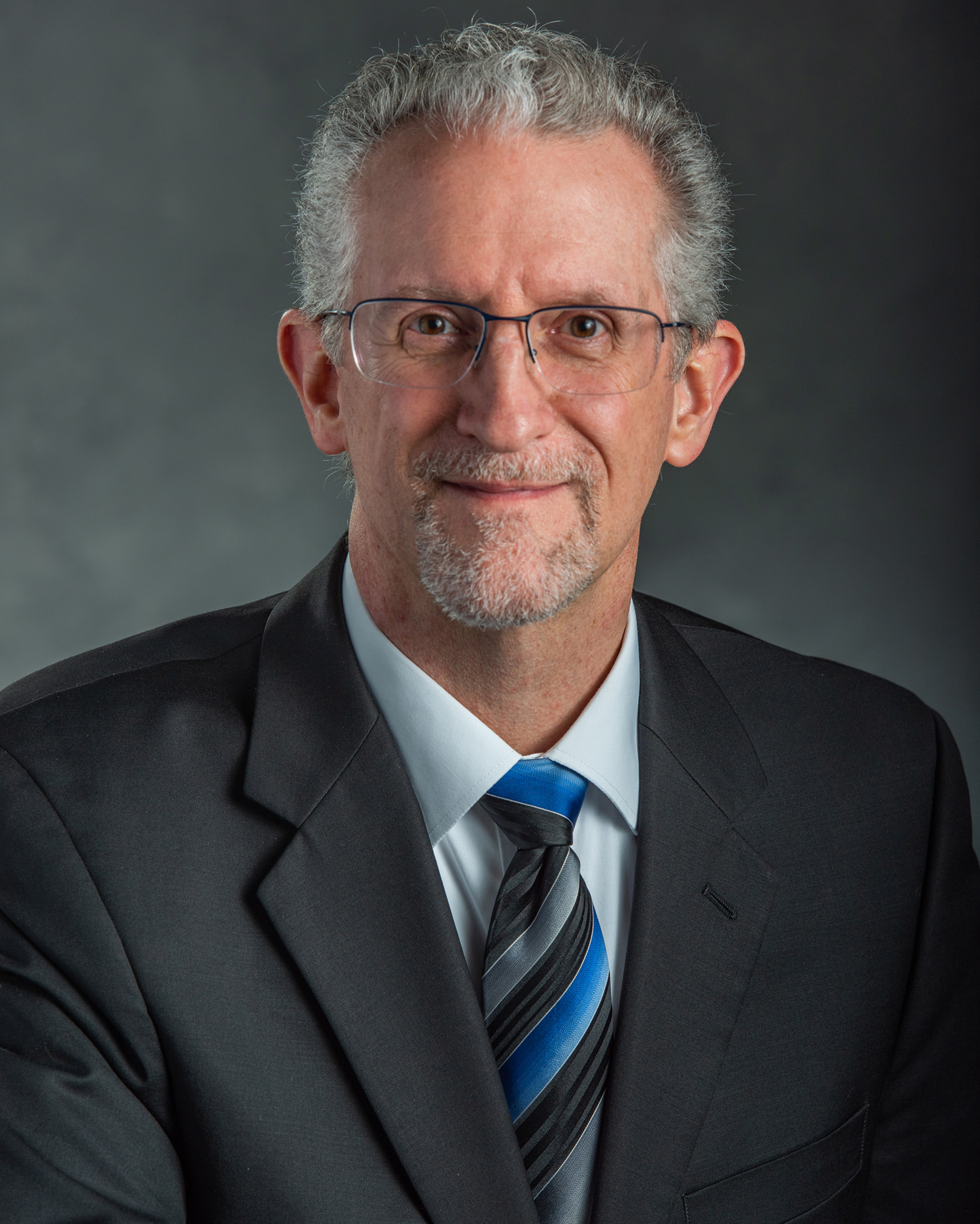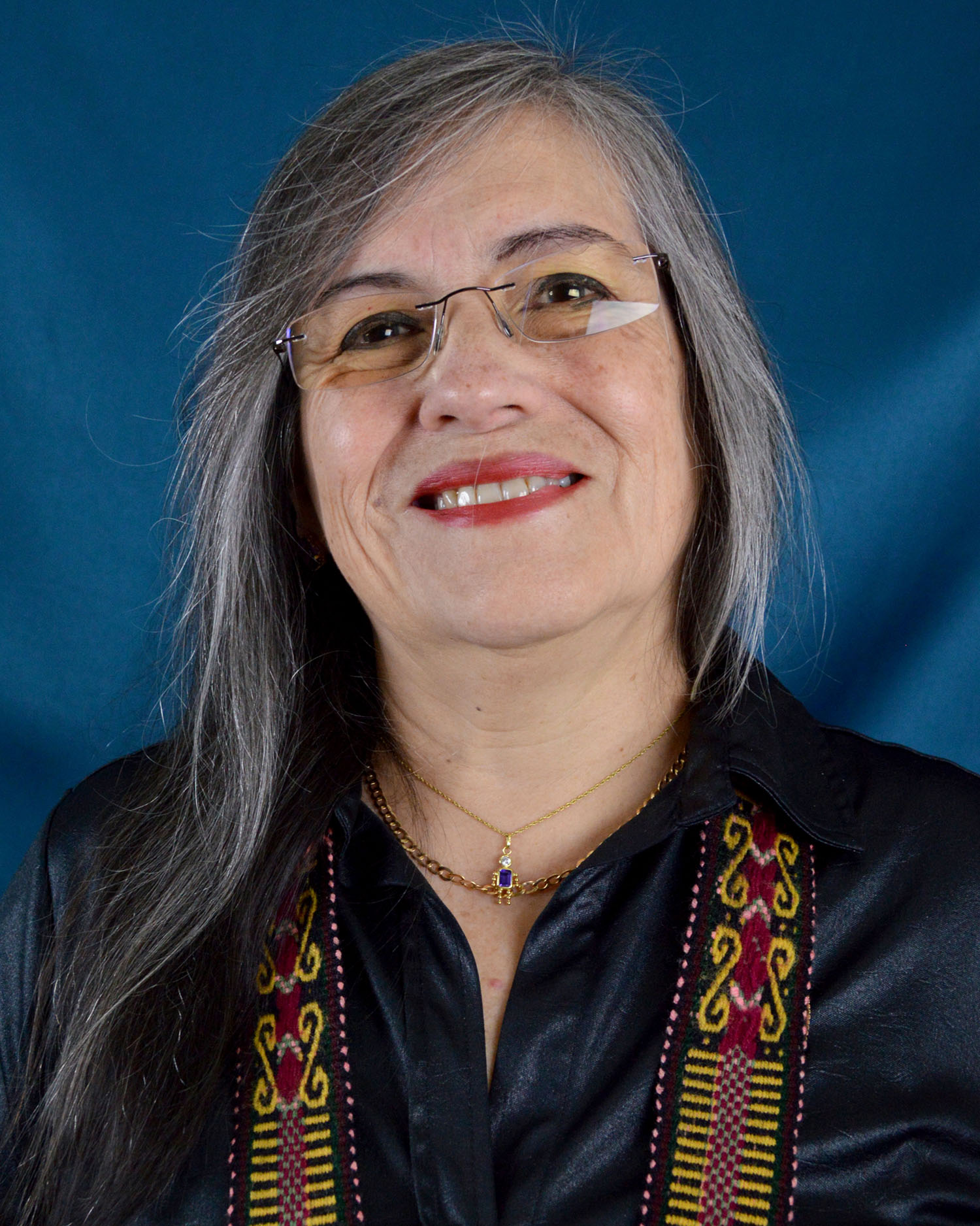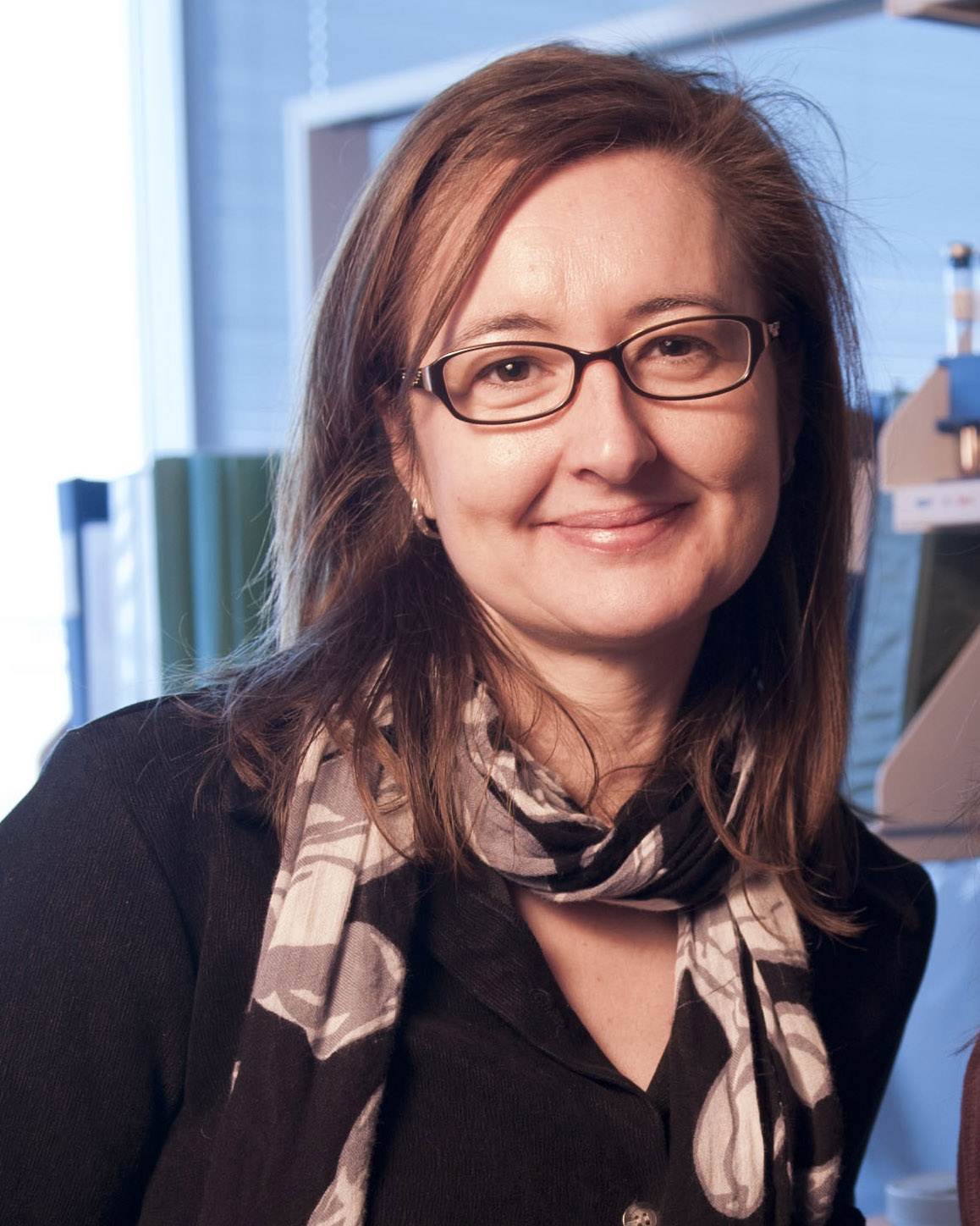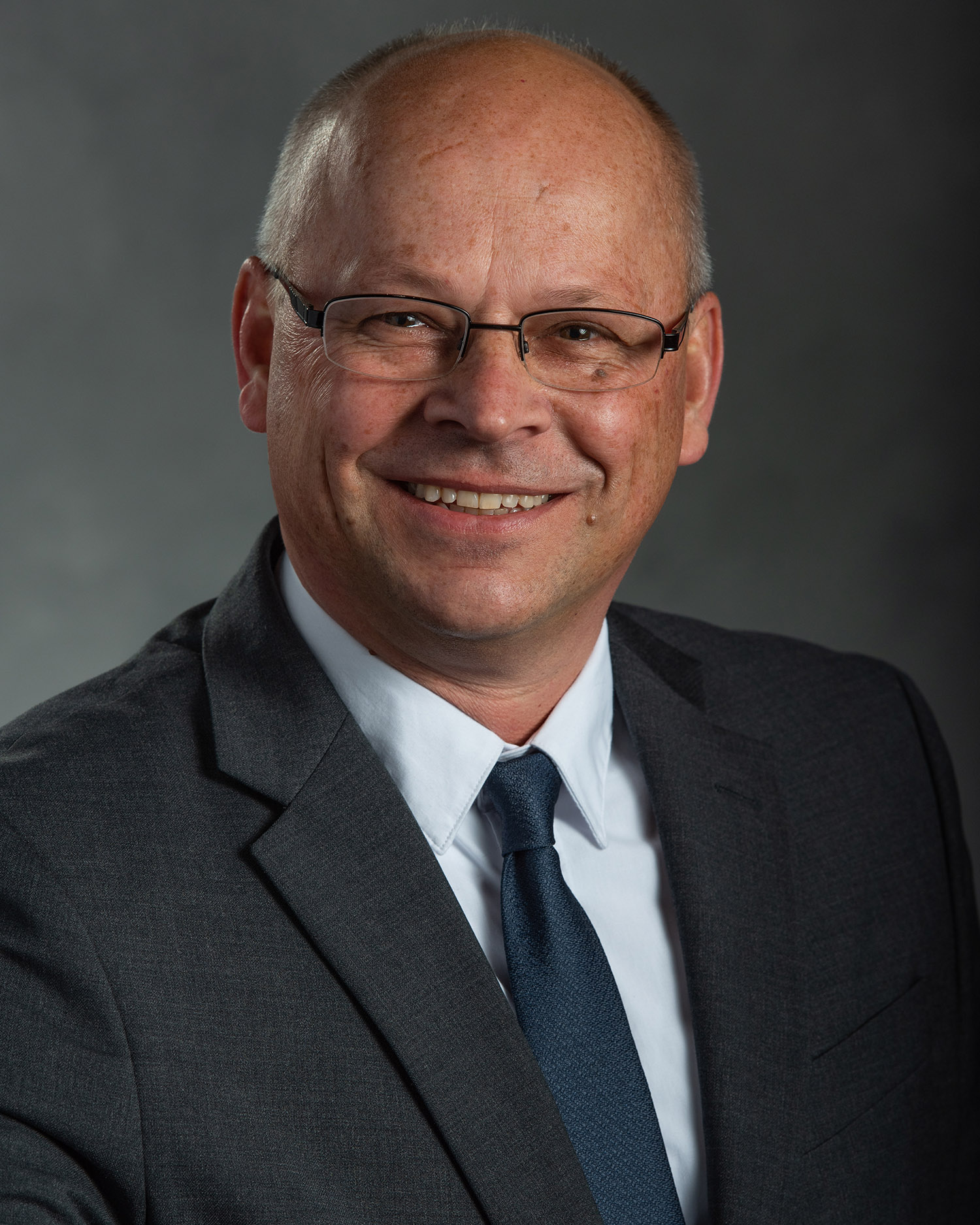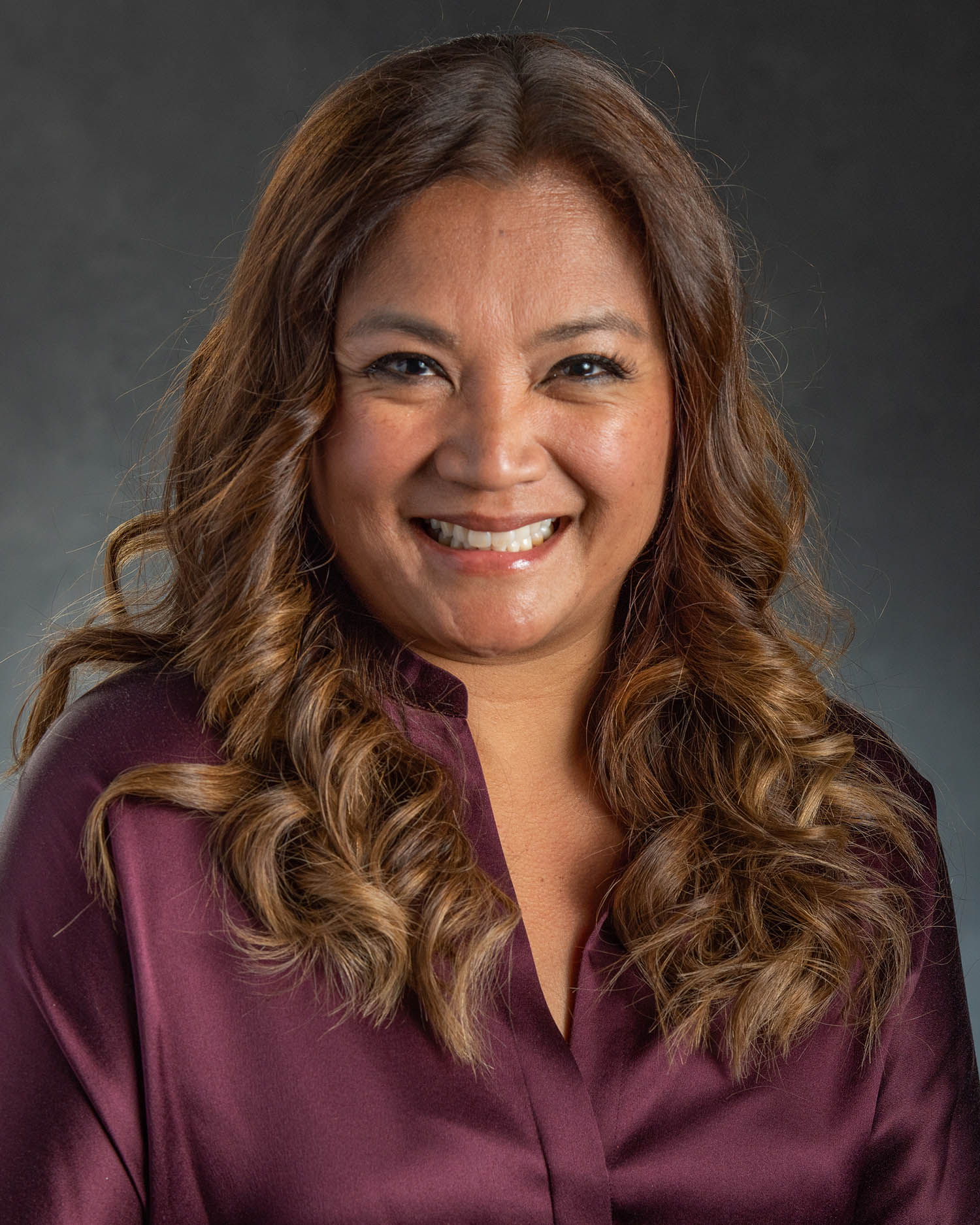William J. Beal Outstanding Faculty Award
Dorinda J. Carter Andrews
Department of Teacher Education
College of Education
Dorinda J. Carter Andrews is a scholar whose research, teaching, service, and outreach embody humanistic principles and practices. Having established an international reputation as a leading expert on racial equity and justice in teaching and teacher education, she prioritizes these topics in K–12 schools by centering Black student voices to transform school culture and climate, along with teacher pedagogy and practice to be more culturally responsive, equitable, and inclusive. Her research helps educators learn to maximize the academic potential of all students, especially those who are most vulnerable for underperformance in school and life, by developing an understanding of the challenges Black students face in developing positive racial and academic identities. Applying these critical perspectives to examinations of race, culture, and power in schools has helped teachers identify culturally relevant and responsive teaching strategies to build better relationships with Students of Color. Dr. Carter Andrews has collaborated with more than 25 school districts across Michigan to engage in racial equity work.
A colleague summarized Carter Andrews’s accomplishments eloquently: “[Her] work is a rich tapestry of theoretical and empirical studies that moves us toward pedagogical practices that both humanize all students and move struggling students toward success.”
Carter Andrews has written more than 70 refereed articles, book chapters, commissioned white papers, editorials and technical reports. She has presented more than 140 refereed conference papers, nationally and internationally, and given more than 50 invited presentations and colloquia. She has been cited in The New York Times, Education Week, the Lansing State Journal and the Detroit Free Press, among other publications, and been featured on CNN, NPR, and WKAR.
Carter Andrews is highly regarded by students and has been noted for excellence in teaching, formal and informal mentoring, and student advising. Undergraduate students have cited her numerous times as instrumental in developing their enhanced critical awareness of cultural differences and its impact on teaching and learning. Her academic and public impact has been recognized through numerous awards, including the MSU Outreach Scholarship Community Partnership Award and the MSU BGSA (Black Graduate Students Association) Outstanding Faculty Award.
For her significant accomplishments as a scholar, teacher, mentor, and leader in racial equity and justice in education, Dr. Dorinda J. Carter Andrews is richly deserving of the Michigan State University William J. Beal Outstanding Faculty Award.
Jeffrey K. Conner
Department of Plant Biology
College of Natural Science
Jeffrey K. Conner is an internationally recognized expert in plant ecology and evolution, specifically the role of natural selection on species adaptation in a changing or variable environment, the speed of evolutionary change in natural populations, and the various constraints on the course or outcomes of evolution. Additionally, Conner has performed seminal work on the role of floral traits on fitness in wild radish, an agricultural weed; and on milkweed, the host of the iconic monarch butterfly. He has also studied the impact of herbivory on the interactions of plants with their pollinators.
Conner has 90 publications, including a premiere textbook on ecological genetics, A Primer of Ecological Genetics. He has held editorships at eight journals, reviewed manuscripts for more than 30 journals, and served on multiple national and international grant review panels.
Conner is an exceptional professional guide, with 24 graduate students and postdoctoral research associates mentored in his lab, along with more than 200 undergraduates; 25 of these undergraduates were from underrepresented minority groups and seven of these 25 now hold a Ph.D. in a STEM field. Dr. Conner has served on 47 graduate committees. The College of Natural Science has recognized the excellence of Conner’s mentoring with its Outstanding Graduate Advisor Award (2003) and its Junior Faculty Mentoring Award (2018). The college awarded him its Outstanding Faculty Award in 2021.
Conner’s commitment to helping students learn is evident in his textbook, which contains, according to one of his colleagues, the best explanation of the mathematical and statistical approaches used in ecological genetics available. Another colleague drew attention to his “clear introduction to foundational principles in evolution [that] serves to illustrate his ability
to communicate complex topics concisely [and] with clarity.”
Conner is dedicated to helping his academic community and has served as interim director of the Kellogg Biological Station, has been a member of numerous department and college advisory committees, and has served on many faculty search committees. He has served the greater scientific community through leadership positions in the Ecological Society of America and as a fellow of the American Association for the Advancement of Science.
As an internationally renowned scholar in plant ecology and evolution, dedicated mentor and teacher, and committed member of the academic community, Jeffrey K. Conner is
a most deserving recipient of the MichiganState University William J. Beal Outstanding Faculty Award.
Gordon Henry
Department of English
College of Arts and Letters
An inspirational novelist and poet, Gordon Henry is a transformational leader in American Indian and Indigenous Studies, with a life of service to tribal communities. An enrolled Citizen of the White Earth Chippewa Tribe of Minnesota, Henry was appointed the Audrey and John Leslie Endowed Chair in North American Indian and Indigenous Literary Studies in 2020.
A writer whose creative work spans fiction, poetry, and creative nonfiction, Henry won the American Book Award in 1995 for his novel, “The Light People.” His poetry and short fiction have been published in international journals in Hungary, Italy, and Cuba, and one of his multigenre works was translated into Catalan in 2018. Dr. Henry is featured in new collections of 21st-Century American Indian poetry, including “New Native Poetry” (2018) and “When the Light of the World was Subdued, Our Songs Came Through: A Norton Anthology of Native Nations Poetry” (2020), for which Henry served as regional advisor. Henry’s creative work is regularly taught in American Indian literature courses throughout the United States and is translated throughout the world.
Dr. Henry’s creative, scholarly, and editorial practices are holistically interconnected. In his capacity as senior editor for the American Indian Studies book series at MSU Press, a position he has held since 2007, he has published two volumes in the series per year — more than 20 books to date. In addition to receiving Fulbright scholarships to Spain and Poland, Henry was appointed the Gordon Russell Visiting Professor in Native American Studies at Dartmouth College in 2018 and 2019. He currently serves on two grants with important outreach dimensions: the CAL Mellon Grant for Less Commonly Taught Languages and the Zibiiwing National Archives Strategic Planning Grant for a digital archive related to the Center for Anishinaabe Languages, Literature, and Storytelling.
Henry’s career-long record of outreach to Native communities is extraordinary. His collaborators have included the Saginaw Chippewa Tribal College, the Lifeways Institute, the Gun Lake Band, the Pokagon Band, the College of the Menominee Nation Sustainable Development Institute, the Great Lakes Intertribal Agriculture Council, the Sault Ste. Marie Tribe, and the Grand Traverse Band.
For his distinguished work as a writer, teacher, scholar, activist and spiritual leader within tribal communities, Gordon Henry is richly deserving of the Michigan State University William J. Beal Outstanding Faculty Award.
Eric J. Hunter
Department of Communicative Sciences and Disorders
College of Communication Arts and Sciences
A consummate scientist, teacher, and colleague, Eric J. Hunter, who also serves as the college’s associate dean for research, reflects the best that academia can offer with humility and grace. His colleagues hail him as one of the world’s top experts in the study of voice science who has shaped the field through his research, which has been continuously funded by the National Institutes of Health and the National Institute on Deafness and Other Communication Disorders.
Author of more than 100 papers and book chapters and more than 200 presentations, Hunter has shed light on both fundamental and applied scientific issues related to voice use and has significantly advanced the field’s computer models of the biomechanics and functional processes of the vocal folds across the lifespan. He has also revealed the real-world voice demands experienced by elementary school teachers. His work has increased understanding of the factors related to vocal fatigue and recovery and provided the scientific foundation for clinical intervention for people struggling with vocal health. His expertise on the vocal health of teachers and the aging voice has been sought in newspaper and television interviews across the United States and Asia, including The New York Times and MSNBC.
As a teacher, Hunter developed several courses for the Department of Communicative Sciences and Disorders. As doctoral program director from 2015 to 2018, he not only restructured the program but created and taught many of the newly offered courses.
As a mentor, Hunter excels at providing students with the guidance they need to succeed both in and out of the classroom. He utilizes his training in acoustical engineering and mathematics combined with his expertise in vocal science to train doctoral students capable of contributing to the profession as scientists or clinicians. Hunter has mentored more than 65 undergraduate and master’s students in his research laboratory.
A skilled administrator, Hunter excels in bringing together people from different backgrounds to explore potential collaborations and research opportunities across disciplinary boundaries. Additionally, Hunter serves the broader university community as the director of the college’s Trifecta Initiative, and a member of the Council of Research Deans, the Sponsored Programs Advisory Committee, and the Engaged Scholarship Advisory Council for University Outreach and Engagement.
Eric J. Hunter has dedicated his life to supporting others through his research, mentoring, teaching and service, and is a most deserving recipient of the Michigan State University William J. Beal Outstanding Faculty Award.
Michael Kroth
College of Music
Michael Kroth is a superb musician, an inspiring teacher and leader, and one of the most sought after bassoonists performing today. As a performer, he leads by example. As a teacher, he encourages students to develop their own distinct musical voice. As an administrator, he inspires students and colleagues alike with his insightful leadership.
Kroth is an active performer who is equally skilled in large orchestral settings and intimate chamber music ensembles. His technical prowess and expressive range make him a sought-after musician in both these venues. A frequent guest artist with the Cleveland and Detroit Symphony Orchestras, Prof. Kroth is the principal bassoonist with the Lansing Symphony Orchestra and has performed with the Milwaukee, Grand Rapids, Midland, Kalamazoo, Battle Creek, and Saginaw Bay Symphony Orchestras.
Kroth has extended his reputation abroad through frequent participation in competitive festival performances and solo appearances with international orchestras. He also plays bassoon in both the Peninsula Music Festival and the Colorado College Summer Music Festival, two internationally acclaimed ensembles whose members are drawn from major orchestras in the United States and abroad.
As a teacher, Kroth has taught undergraduate and graduate students who have gone on to prestigious jobs as performers and teachers. He tailors his teaching to each student and is especially skilled at helping students develop their own artistic sensibilities, using private lessons, bassoon studio classes, and master classes to help them see how their individual musical ideas can be nurtured, grown, and passed on to subsequent generations. His students recognize his commitment to their success and praise his ability to get the best from each of them.
Kroth has had a very successful record in placing students in the most competitive music programs in the country, including the Yale School of Music, Cleveland Institute of Music, Curtis Institute of Music, Eastman School of Music, Mannes School of Music, Manhattan School of Music and Julliard.
As Associate Dean of Undergraduate Studies and Operations, Kroth is very active in college administration, overseeing the daily operation of the college and managing all aspects of undergraduate education.
For his dedication to the advancement of musical artistry and pedagogy, his work to advance a bassoon studio of both undergraduate and graduate students, and his commitment to the smooth functioning of the College of Music, Michael Kroth is most deserving of the Michigan State University William J. Beal Outstanding Faculty Award.
Rocío Quispe-Agnoli
Department of Romance and Classical Studies
College of Arts and Letters
Rocío Quispe-Agnoli is an internationally recognized teacher-scholar of Indigenous and Latin American studies from the 16th to early 20th centuries. Her work on identity, (self) identification, and (self) fashioning; gender; and ways of knowing underlines the intersectionality of these themes and brings focus to issues of imperialism, colonialism, and coloniality. Interdisciplinarity characterizes Dr. Quispe-Agnoli’s scholarly production. Her work combines the fields of intellectual history, anthropology, literary theory of colonial texts, art history and iconography, visual studies, semiotics, and postcolonial and subaltern studies.
Quispe-Agnoli’s publications include four books on Colonial Latin American literatures and cultures, four special issues in scholarly journals, and nearly 80 articles and book chapters. She has given 158 papers and scholarly talks in local, national, and international venues. Currently, she is the editor of Journal of Gender and Sexuality Studies. Her latest publications and presentations synthesize expressions and representations of indigeneity and the mestizo across national borders. Examples of these connections are her participation in a 2012 panel about the Indiana University Wanamaker Photography Collection and the works of early twentieth-century Peruvian Indian photographers and her continuing study of alphabetic script on Amerindian societies, with the resulting admixture of graphic communication systems and the place of orality in relation to other tangible media.
As an innovative and effective instructor in Romance and Classical Studies, Quispe-Agnoli boasts a consistently strong teaching record in undergraduate and graduate education. She also excels in mentoring and advising students. Claudia Berrios-Campos, the department’s most recent Ph.D., describes Quispe-Agnoli’s generous mentorship, “She has guided me through the whole process of writing and defending the dissertation, navigating the difficult waters of being a woman of color and an international student in academia, and has offered her time on uncountable occasions with dedication and selfless care.” In addition, three doctoral students working with Quispe-Agnoli received the College of Arts and Letters’ Varg-Sullivan Award for the best article published by a graduate student.
Quispe-Agnoli has represented her profession extensively. She has served on the Executive Councils of Colonial Latin American studies at the Modern Language Association and currently serves on the Executive Board of the Association of Gender and Sexuality Studies and the Executive Council of the Colonial Section of the Latin American Studies Association.
For her dedication and devotion to research, teaching, and service in a global context, Rocío Quispe-Agnoli is a most deserving recipient of the Michigan State University William J. Beal Outstanding Faculty Award.
Gemma Reguera
Department of Microbiology and Molecular Genetics
College of Natural Science
Gemma Reguera is an internationally recognized researcher, an outstanding educator, and a talented leader committed to numerous and varied service activities, including promoting women in science. An internationally recognized scholar in extracellular electron transfer and electrochemistry involving microorganisms, Reguera pioneered a new discipline in her field: electromicrobiology. She discovered that the bacterium, Geobacter sulfurreducens, made nanowires, which are used for long-distance electron transfer. While uncovering properties of this system, she exploited the novel process as a means to detoxify uranium in the soil.
Additional wide-ranging research projects by the Reguera laboratory include clarification of how microorganisms obtain energy by converting nitrate to ammonia and identifying which microorganisms compose the microbiome of the inner ear. Overall, her work has greatly enriched understanding of environmental microbiology and microbial physiology.
Reguera is a gifted teacher and mentor. She co-authored the textbook “Microbe”, which undergraduate students from around the world use regularly, teaches a highly regarded graduate course in microbial genetics, and served as instructor of anaerobic microbiology at two international venues.
In addition to her research, Reguera has contributed significantly to the broader scientific community, actively participating in professional societies and helping shape their vision for the future. She serves as a reviewer for governmental funding programs and an impressive array of journals, and as the editor-in-chief for the American Society for Microbiology’s journal, Applied and Environmental Microbiology. Reguera is sought out as a professional speaker nationally and internationally and has even helped educate the public about novel findings related to microorganisms by contributing insightful commentaries to the science blog, “Small Things Considered.”
Rounding out her impressive portfolio, Reguera participates significantly in a variety of service activities; she is particularly passionate in regard to the promotion of gender equality and efforts to empower and advocate for professional women. She has participated in multiple panel discussions on how women can thrive in the tenure system and organized a session, “Women in Environmental Science,” at the 2019 annual meeting of the Society for Industrial Microbiology and Biotechnology.
For her significant research accomplishments, her dedication to education both within and outside the university, and her devotion to service activities emphasizing the promotion of women in science, Gemma Reguera is highly deserving of the Michigan State University William J. Beal Outstanding Faculty Award.
Jetze J. Tepe
Department of Chemistry
College of Natural Science
Jetze J. Tepe’s research program comprises an interdisciplinary blend of synthetic and medicinal chemistry that includes the total synthesis of natural products and the discovery of new reactions as well as the evaluation of natural products’ cellular mechanism and medicinal properties toward pressing needs in both cancer research and neurodegenerative diseases. His drug discovery program focuses on the discovery of innovative therapeutics to treat multiple myeloma. Other aspects of his research have addressed neurodegenerative diseases, including Alzheimer’s, Parkinson’s, and amyotrophic lateral sclerosis — or ALS. Tepe’s laboratory has developed small molecules to induce the degradation of the proteins that are hallmarks of those diseases.
Tepe’s research into the development of important and innovative chemical reactions to generate natural products, which can potentially serve as new therapeutic targets, has resulted in 75 peer-reviewed journal articles, 12 patents, and one commercial product. For his outstanding contributions, he received International Myeloma Foundation Awards in 2013 and 2019. He has also been a two-time winner of the Multiple Myeloma Research Foundation Senior Award (2008, 2010). The American Cancer Society named him one of its Research Scholars from 2003 to 2008. MSU’s College of Natural Science presented him with its Outstanding Faculty Award in 2021.
Tepe is currently an editorial board member of Molecules and Mini-Reviews in Organic Chemistry. He has served as a member of 12 NIH study sections and has given more than 70 invited presentations at conferences and universities worldwide.
Tepe’s research has been continuously supported by external funding from NIH, the Multiple Myeloma Foundation, the International Myeloma Foundation, and the American Cancer Society.
Tepe has taught more than 7,000 undergraduate and graduate students, consistently receiving scores of excellent in student evaluations. He has directed 17 Ph.D. and six M.S. students to graduation and served on more than 100 thesis and dissertation committees during his career. Additionally, Tepe has regularly welcomed the opportunity to discuss his research in presentations, workshops, and meetings with cancer patients, their families, and physicians, and has frequently interacted with Relay-for-Life organizers to help raise money to support multiple myeloma research.
For his research that transforms scientific discoveries into potential therapeutic applications, his teaching and mentoring of countless students, and his outreach to the cancer community, Jetze J. Tepe is highly deserving of the Michigan State University William J. Beal Outstanding Faculty Award.
Chris M. Waters
Department of Microbiology and Molecular Genetics
College of Natural Science
College of Osteopathic Medicine
Chris M. Waters is an exceptional researcher, educator, and mentor. His research ranges from increasing understanding of bacterial chemical signaling to developing novel technologies for biomedical applications. He explores chemical signaling in the human pathogen, Vibrio cholera, to define the role of these molecules in bacterial pathogenesis. By disrupting their chemical signaling pathways, Dr. Waters is developing new strategies to control bacterial disease. The Waters laboratory also developed novel strategies to inhibit and eradicate bacteria growing in biofilms by identifying inhibitors of c-di-GMP synthases.
Waters has published more than 100 peer-reviewed articles covering a wide range of innovative and carefully dissected findings. To support his research, he has received grants from the National Institutes of Health; the National Science Foundation, including a prestigious CAREER Award; the American Diabetes Association; and several foundations and companies. Waters has presented 64 seminars at conferences and other institutions. He holds three patents.
Waters’s service to his profession is extensive. He typically peer-reviews approximately 25 manuscripts per year for Cell, eLife, Molecular Microbiology, Nucleic Acids Research, PLoS Biology, PLoS Genetics, PLoS Pathogens and PNAS. Additionally, he has served on the editorial boards for Molecular Microbiology and Frontiers in Cellular and Infection Microbiology, and currently serves on the editorial boards for the Journal of Bacteriology and Infection and Immunity.
Waters epitomizes the ideal role model and mentor, both as a classroom instructor and as a research mentor. He teaches one of the largest undergraduate microbial genetics courses in the world, with about 180 students annually. Within his laboratory, he has provided research opportunities to approximately 50 undergraduate students; MSU named him its Undergraduate Research Mentor of the Year in 2014. He has also mentored four postdoctoral scientists, 10 Ph.D. (or D.O.-Ph.D.) students, and two master’s students since 2008. Waters received the MSU College of Natural Science’s Teacher-Scholar Award in 2015.
Waters makes reaching out to the local community a priority. He led MSU’s Foldscope team in a local high school, the Microbial Magic station at the MSU science festival, and organized and led Microbiology Day at the Impression 5 Science Museum in Lansing, Michigan. Since 2012, Waters and his students have given presentations on bioluminescent bacteria and microbial life in ponds to elementary school students at School Science Nights.
For his significant accomplishments as a researcher, teacher, and mentor in microbiology, Chris M. Waters is most deserving of the Michigan State University William J. Beal Outstanding Faculty Award.
Geri Alumit Zeldes
School of Journalism
College of Communication Arts and Sciences
Committed to documenting stories erased and undiscovered, Geri Alumit Zeldes uses her work to explore how news media report on issues of race, ethnicity, and religion, both in the United States and abroad. Through traditional research and a range of creative projects, Zeldes has tackled difficult and sensitive societal issues, including those related to environmental justice, racism in the justice system, public and media attitudes toward Muslims in America, race and gender in political journalism, the Israeli–Palestinian conflict, and censorship.
In traditional scholarship, Zeldes has written more than 25 peer-reviewed journal articles in such publications as Journalism & Mass Communication Quarterly, Mass Communication and Society, and the Journal of Broadcasting & Electronic Media. She has also published in cross-disciplinary journals, including Journal of Black Studies, Journal of Disability Policy Studies, and Journal of Muslim Minority Affairs. Zeldes has written six book chapters and presented dozens of refereed conference papers.
On the creative front, Zeldes’s work includes 18 documentary films, two radio documentary series, four museum exhibits, a video game, and a comic book. Her latest documentary project, “The Documented: Oral Histories of Spartan Students,” debuted this fall. Another of her recent documentaries, “Breed and Bootleg: Legends of Flint Rap Music,” which Dr. Khalid El-Hakim believes “reflects the common struggle, trauma and dreams of many young Black men who strive for a better life in America,” has been an official selection at film and art festivals in Austin, Texas, Detroit, Bali, New York, Vienna and Hollywood.
Zeldes’s films have been cited in scholarly journals and received awards from the Radio, Television, Digital News Association, Broadcast Education Association, and Asian American Journalists Association. Zeldes has received four regional Emmys. In 2017, the Filipina Women’s Network recognized her among 100 of the Most Influential Filipina Women in the world in the category of “Innovator and Thought Leader.”
Zeldes teaches a range of courses and supervises dozens of students in a WLNS internship and on her own creative projects. Her teaching is informed by her experience as a television reporter and her ongoing work in documentary filmmaking. She regularly chairs and serves on student dissertation, thesis, and project committees.
For her commitment to documenting the truth through scholarly and creative endeavors, excellent teaching, and influence as a thought leader, Geri Alumit Zeldes richly deserves Michigan State University’s William J. Beal Outstanding Faculty Award.
